A wonderful video about Moving Planet Montreal was created by Alex Pritz of Developing Pictures. The video features Ben Harack in his first-ever YouTube appearance!
Tag: Fossil Fuels
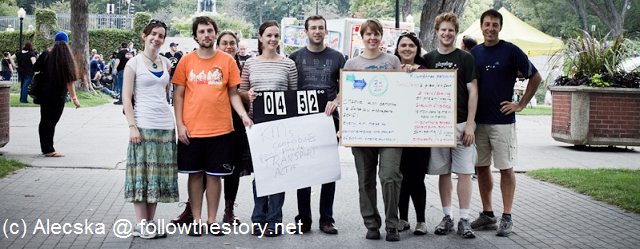
Moving Planet Montreal
Moving Planet Montreal was a celebration of the transition away from fossil fuels in our society. The event was a green kilometer drive and a grand picnic, symbolizing the central role of transportation and food in sustainability.
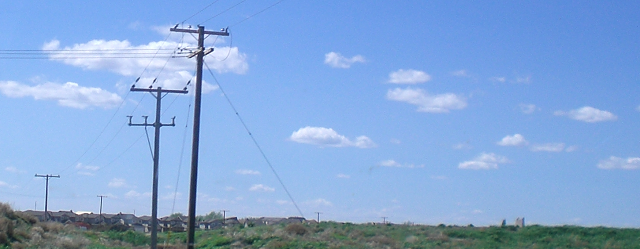
Opportunities and perils of natural gas usage on the road to renewables
Our increasing reliance on natural gas brings with it both opportunities and dangers during the shift towards renewable energy. This issue deals with some major issues regarding natural gas deployment in industry, power generation, food production, and heating.
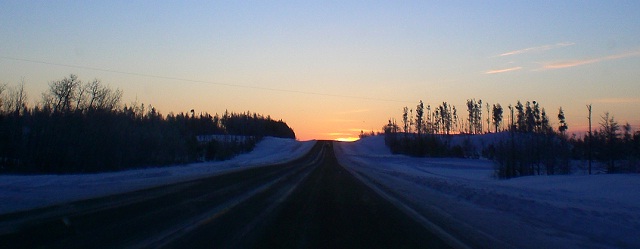
A renewed look at 2010, a sustainable vision for 2011
Here we review major renewable energy topics from 2010 and then turn towards analyzing energy issues for 2011 and beyond.
Power system performance metrics
Everything has its price. Every form of power production has costs in dollars, time, land, materials, pollutants, greenhouse gas emissions, and human deaths. We look at the most important factors for analyzing the feasibility of a proposed power project. Considering only some of these factors will lead to an incomplete picture of power system costs.

Coal power: Pollution, politics, and profits
Burning coal releases heat energy, but it also releases many other products. Combustion products such as carbon dioxide, water vapour, nitrous oxides, sulphur oxides, particulate matter, and fly ash are also produced in varying amounts.

Solar power from photovoltaic panels
Photovoltaic solar power is the technical term for solar panels that convert sunlight directly into electricity. This is in contrast to techniques that capture solar energy in other ways, or for different uses. Other techniques include hot water heating, interior temperature control, and concentrated heat for electricity production.

Publicly Administered Green Energy Futures
Our goal is to keep our physical power infrastructure publicly owned, but gain some of the advantages of the private sector. The key to our recommendation is voluntary public investment from the people of Saskatchewan. In order to stimulate new renewable energy construction, we recommend that SaskPower open up renewable energy projects for direct public investment.
Is most radiation from nuclear power?
Nuclear power is a tiny fraction of our total radiation dose. Nuclear power is legally obligated to keep its radioactive emissions incredibly low. Even people who live close to nuclear power plants will receive from them only a fraction of the dose that they receive naturally from their environment. Human-made sources account for about 20% of the dose to humans, with nuclear power composing less than 1% of the total dose. Coal is responsible for a larger portion of radioactive dose than nuclear is. This is a point missed by most people involved in the world discussion about energy sources.
Would nuclear be too expensive for Saskatchewan?
This piece refers to kilowatt-hours (kWh) and costs-per-kWh as well as cost per installed watt ($/kW). If you are new to these units, please consult our introduction to energy system terms. In this area of knowledge, we defer to our publicly-owned utility for the best possible answer. Sask Power’s analysis in 2009, submitted to the […]
Does nuclear power cost more than other options?
While some variants of nuclear power plants are estimated to cost up to five times as much as competing technologies such as minimally-compliant coal power, these are extreme examples. Most populations will not allow minimally-compliant coal plants to be built because of their substantially dangerous pollution as well as radioactivity levels far above those of a nuclear power plant. Their radioactive and chemical emissions come in the form of massive fly ash ponds as well as airborne fly ash emissions.
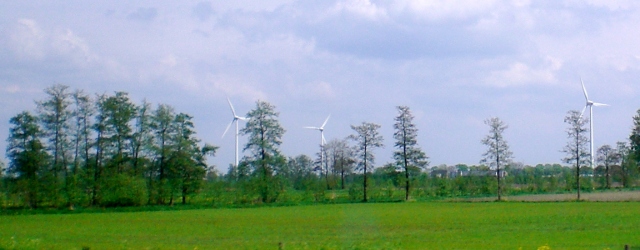
What does ‘renewable’ mean after all?
If you think of renewable sources of energy you probably think of things like wind turbines, solar panels, biomass plants, and hydroelectric plants. However, these are just examples. What does it mean to be renewable?
Chevron Oil Spill off the BC Coast
Oil Spill Near Vancouver Apparently Chevron waited a month before informing the public about an oil, gas, and diesel leak into the Burrard Inlet in Burnaby, BC. However, it appears that they are actually following the regulations for such a leak. Locals are questioning both the direct effect on their habitat, and the ramifications of […]
Chevron’s Orphan Basin Project Under Scrutiny
Chevron says that it would not be able to clean up if its proposed deep sea rig off the coast of Newfoundland had a similar disaster to that currently happening in the Gulf of Mexico. They estimate extremely small possibilities of any major spills, but there are valid concerns about the sheer scale of what […]
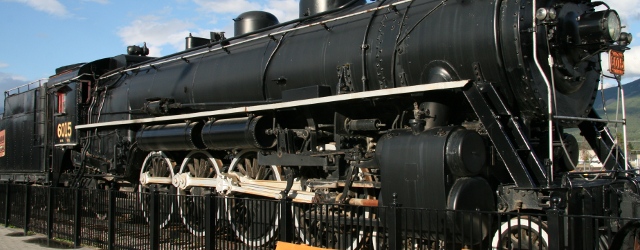
Coal Power
Generating Electricity Coal is used to generate electricity by burning it. The heat is then used to run a heat engine, which utilizes water steam to turn electric turbines. Coal was the fuel that started the industrial revolution, and it’s use continues to grow today. Coal-fired electricity production accounts for more electricity than any other […]
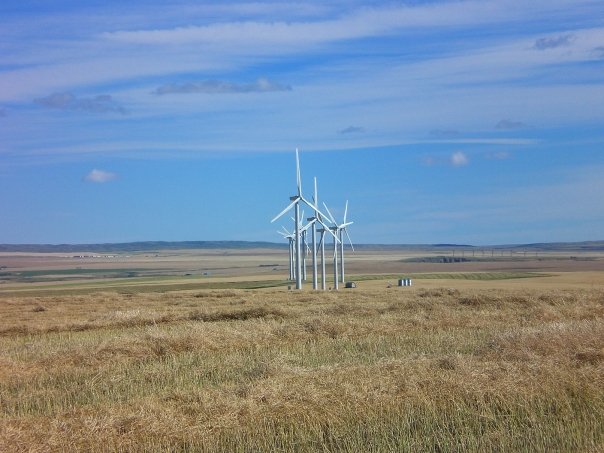
Wind Power: The Whole Story
“Wind Power” is the extraction of energy from the wind. Common techniques use a tower with a set of propeller blades that will spin when wind blows against them. Wind power is a renewable form of energy because wind is caused by the uneven heating of the earth by the sun.